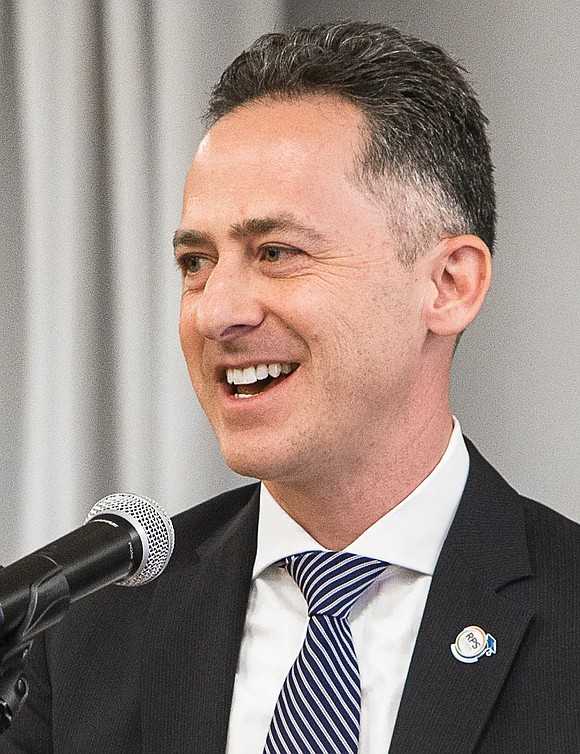School Board continues to wrestle with reopening plans, issues
Ronald E. Carrington | 7/2/2020, 6 p.m.
As the Richmond School Board works to come up with a plan for reopening city schools in the fall, one of the big concerns is educational equity and what that means for a school system where nearly 20 percent of the 24,000 students have special or high needs.
Surveys submitted by families, teachers and staff show the most favored reopening option during the COVID-19 pandemic would have half of a school’s students attend in-person classes on Mondays and Tuesdays, the other half attending classes on Wednesdays and Thursdays and all students learning virtually on Fridays. The schoolrooms would be cleaned on Tuesday evenings.
Schools Superintendent Jason Kamras told the board at its virtual meeting Monday night that an “equity option” also should be considered that would allow students with special needs or high academic needs to attend school for in-person learning Monday through Friday.
“Equity is not equality,” Mr. Kamras told the board. “Equity is about giving the most to those who need the most.”
The “equity option,” which he said is a result of a meeting with the Parent Advisory Committee, is to support children with an individual education plan, or IEP, some English learners and other students facing unique life circumstances.
The board also faces the dilemma of a large number of parents who do not want their children to return to the classroom because of apprehension about the coronavirus spreading.
Board member James “Scott” Barlow, 2nd District, pointed out that many students, teachers and staff are at high risk for COVID-19 because the school district is made up largely of the most vulnerable groups being disproportionately affected by the virus.
Mr. Kamras noted another option for full virtual learning also should be available.
RPS students have learned online since late March, when schools were shut down statewide under the governor’s execu- tive order to curb the spread of the pandemic. Unlike the last of the 2019-20 academic year, students beginning this fall will be held accountable for homework and other assignments and will receive grades and report cards, Mr. Kamras said.
Several School Board members, including Mr. Barlow; Liz Doerr, 1st District; Kenya Gibson, 3rd District; Felicia Cosby, 6th District; and Dawn Page, 8th District, expressed concern about voting on a reopening plan on July 9, the board’s next meeting. They sought to delay the vote, citing the need to gather more public input about the reopening options, especially from underserved communities.
Equally as important, the group voiced a need for more in- formation from the medical community — local, statewide and federal — on how to respond to in-school health issues related to COVID-19, as well as how schools should handle students’ psychological needs.
Ms. Doerr also asked for cost information on the options, as well as the medical community’s perspective on the favored reopening option.
But board member Jonathan Young, 4th District, said a decision should be made sooner rather than later.
“We will make sure there is some kind of certainty for all of our stakeholders regarding the anxiety I’ve heard from them,” he said. “We want to see a sense of normalcy, which can be difficult.”
Once RPS’ reopening plan is selected, the budget will have to be addressed. Mr. Kamras indicated that COVID-19 deep cleaning costs and supplies also must be factored in, as well as where the money will come from — the state or federal CARES Act funds.
He also reminded the board that as long as social distancing remains in place, RPS will not be able to have all of its students in school at the same time.
While the board didn’t change the date for voting on a reopen- ing plan, it may have an additional meeting before then to discuss issues surrounding reopening.







